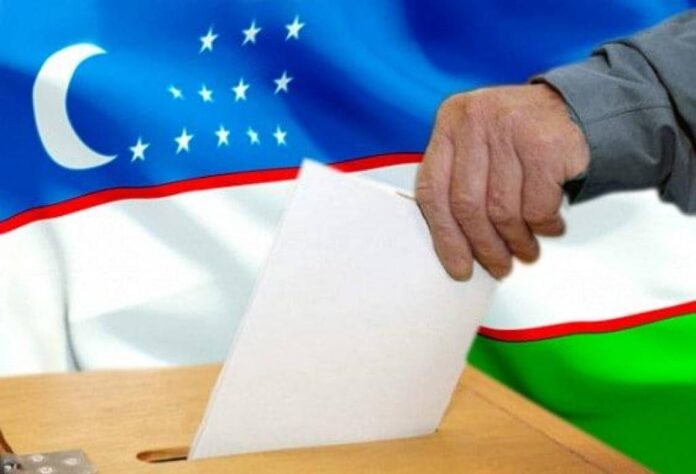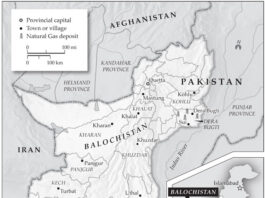Author Dr. Pravesh Kumar Gupta Associate fellow, VIF
President Shawkat Mirziyoyev took office in December 2016, and since then, Uzbekistan
has been undergoing substantial reforms. In the country’s social and political spheres
and its economic sector, reforms were introduced to realize the idea of a “New
Uzbekistan.” The country’s socioeconomic growth and foreign policy objectives have
also evolved from President Mirziyoyev’s policies. The policy of openness adopted by the
Uzbek President has greatly increased regional and international trade and foreign
investment. In Uzbekistan, civil society and press freedom have also improved.
Nonetheless, there is still potential for further development. The Uzbek government has
underlined the need for constitutional amendments to protect the ongoing
socioeconomic and political development processes.
Against this context, Uzbekistan will hold a referendum on proposed constitutional
changes on April 30th, 2023. On March 10th, a resolution about the revised version of
the Constitution of the Republic of Uzbekistan was passed by the Legislative Chamber of
the Oliy Majlis (parliament). The constitutional revisions process began last year and
will likely take effect if Uzbek citizens vote in favour. The Uzbek government asked the
nation and its citizens to submit their recommendations for these modifications. When
drafting these constitutional amendments, authorities considered the various
suggestions they received as responses.
The expansion of the presidential term from five to seven years is one of the few key
constitutional amendments, according to the Uzbek administration. The Uzbek
government also believes it would guarantee the required political backing for structural
reforms. But, in this case, checks and balances are also needed to prevent the possibility
of power consolidation. Moreover, the new Constitution would cut the number of
senators from 100 to 65. The efficacy and accountability of the Uzbek parliaments will
increase with a reduction in the number of senators. The proposed constitutional
changes will also categorise Uzbekistan as a social state, enhancing development
prospects in areas such as employment, education, and food security. New changes will
also split the duties between local Kengashes (councils) and governors to promote
effective governance.
On March 10th, 132 members of the lower chamber of the Uzbek Parliament attended
the plenary session. They voted to establish the updated version of the Constitution,
while two abstained and three did not participate. As per the new changes, the number
of articles in the Uzbek Constitution has increased from 128 to 155, and the number of
provisions has grown from 275 to 434. Conceptual changes are being made to 91 of the
128 articles. The Uzbek Constitution is being changed in around 65% of its entirety.
The Uzbek Constitutional Court has examined the proposed constitutional legislation.
The Constitutional Court convened an open hearing on March 13th, 2023, to decide if
the Oliy Majlis’ Legislative Chamber’s resolution “On Conducting the Referendum of
Uzbekistan on the Draft of the Constitution of Uzbekistan” as per the Constitution of the
Republic of Uzbekistan. Mirzo Ulugbek Abdusalomov, the Head of the Constitutional
Court, presided over the court proceeding. The Constitutional Court ruled that the
decision of the Legislative Chamber of the Oliy Majlis to hold a Referendum on the Draft
Constitutional Law adheres to the Constitution of the Republic of Uzbekistan. No
obstacles prevented the proposed Constitutional Law from being put to vote.
Following the constitutional court’s ruling, the referendum will now take place on April
30th. The Uzbek administration has invited observers from several international and
regional organisations worldwide to ensure that these referendums are free and fair.
President Mirziyoyev’s constitutional amendments that took popular opinion into
account will reenergize the country and continue its upward trend. The welfare state
paradigm prioritises the needs of its citizens. Constitutional changes are also expected to
guarantee that the nation’s current socioeconomic problems be addressed.
India and Uzbekistan have longstanding historical and cultural relations. After taking
office, President Shawkat Mirziyoyev has sought closer ties between India and
Uzbekistan. Prime Minister Modi’s initiatives to accelerate India’s Central Asian policy
positively supported it. There would be additional opportunities to elevate Indo-Uzbek
relations to new heights due to the ongoing reforms and advances in Uzbekistan.




